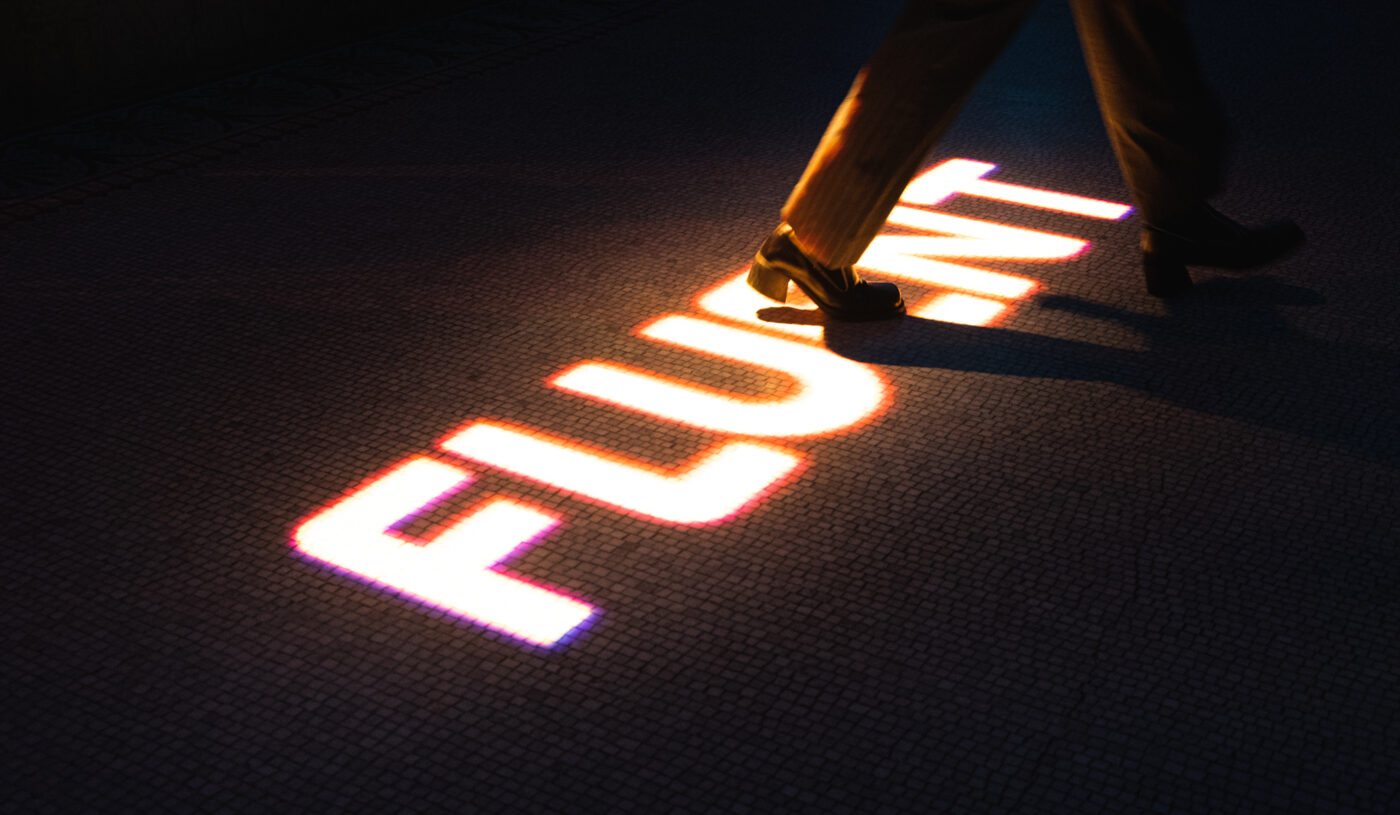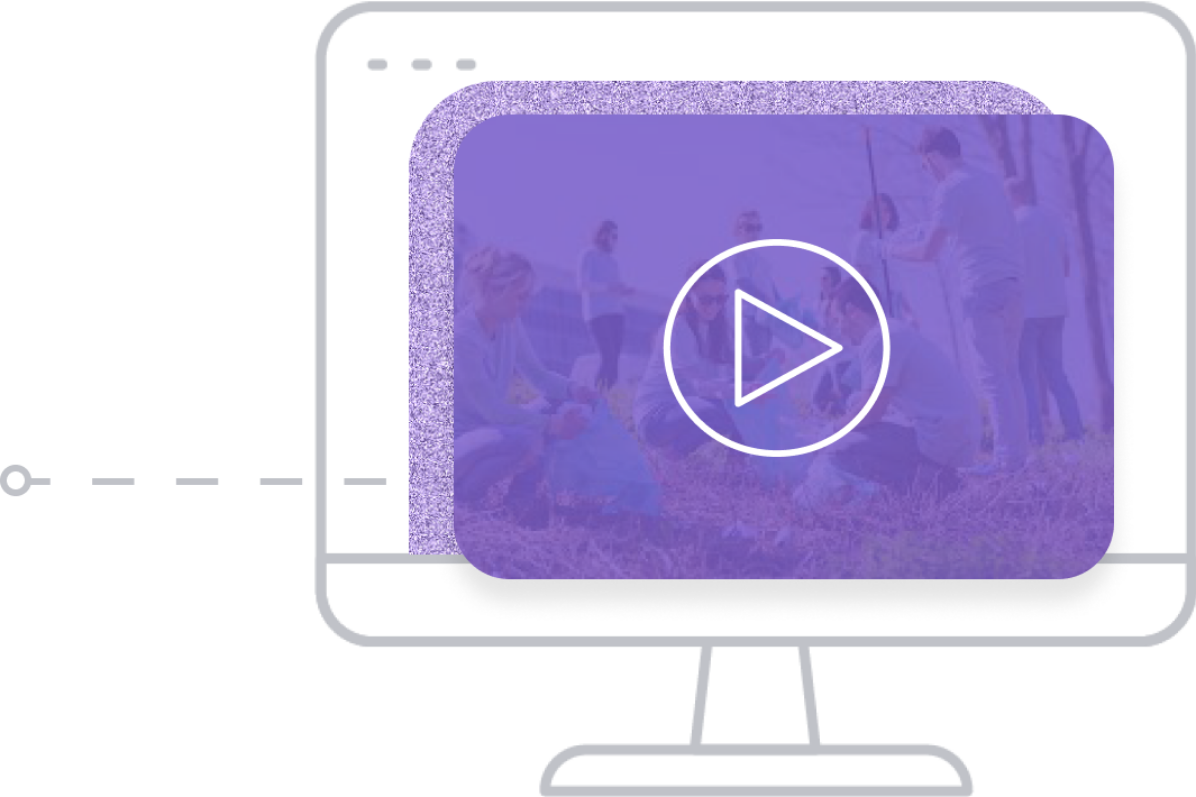We embrace challenges and welcome every opportunity to make our tomorrow selves proud. As we continue to evolve and grow, we dedicate ourselves to fostering an inclusive work environment where diversity is celebrated and each person adds a fresh perspective to our business and culture.
Candidates may be at risk of targeting by malicious actors seeking personal information. Fluent recruiters will only reach out via LinkedIn or email with an @fluentco.com domain. Any outreach by Fluent via other sources (e.g. text, other domains, etc.) should be ignored.



